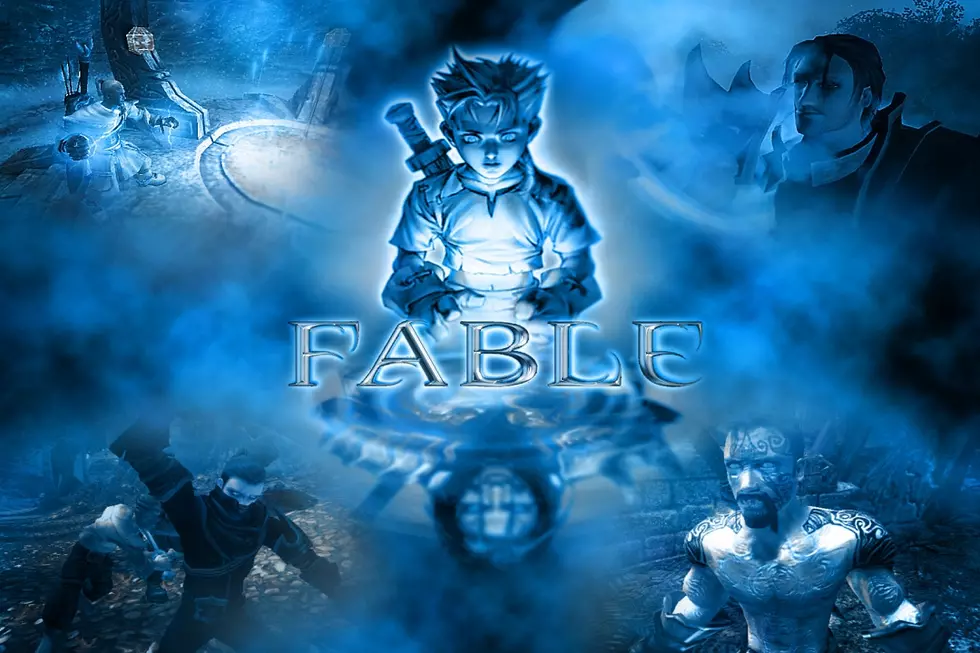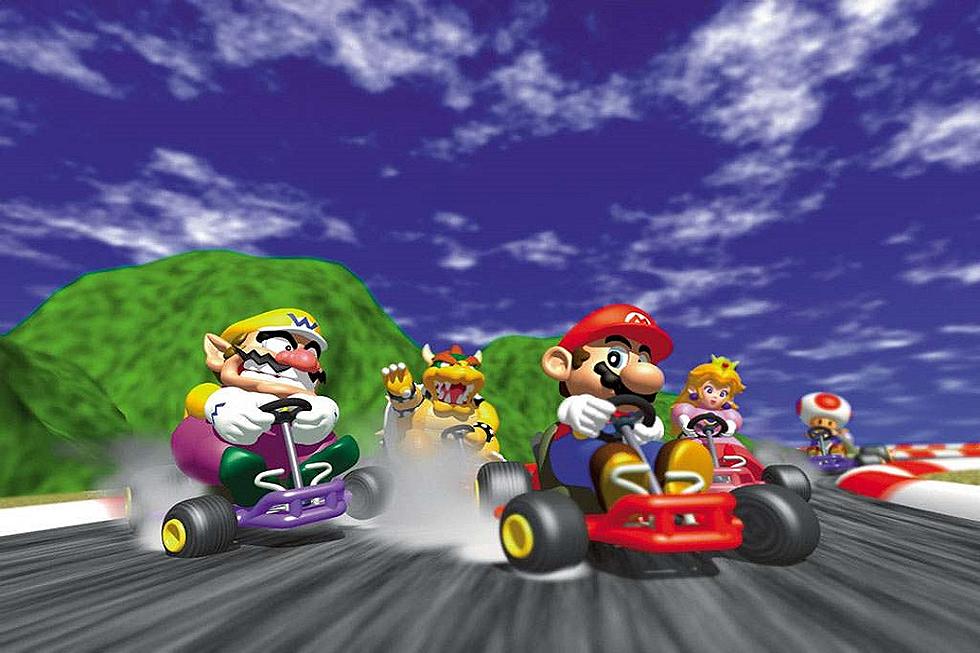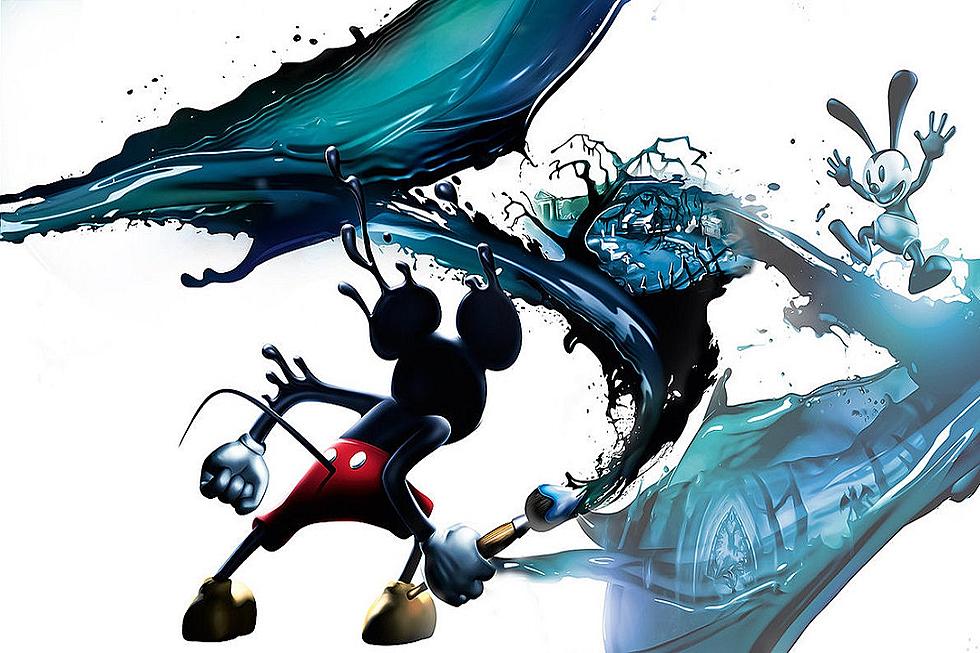
Fable Reinvented How Player Choices Can Shape a World
Player choices are pretty much a mainstay in adventure and role-playing video games these days. With the never ending advancement of technology, developers have created new and interesting ways to engage players in shaping their own adventure and giving them a web of outcomes and consequences to explore. Peter Molyneux and his teams at Lionhead Studios and Big Blue Box weren’t the first folks to explore the concept, but they were one of the first to create an experience extensively formed around it --- a world that evolved and reacted appropriately based on how the player played the game. Today in 2004, the game industry would receive an adventure quite unlike any it had ever seen before in the form of the first Fable.
Development of Fable began roughly in 2000 and was the first project of Big Blue Box. The Big Blue Box studio was a satellite studio of the main collective at Lionhead. The idea was that these satellite studios could pursue different projects with the help and support of Lionhead while solely concentrating on their own projects. There were certain criteria to what projects could be pursued, but Big Blue Box wanted to pursue something that hadn’t been done before. They wanted to pursue a world in which the player could act as they wanted to act, be how they wanted to be and dress how they wanted to dress and the world in turn would respond to any given players antics.
Fable initially ran under the name Project Ego with its core concept in mind. Upwards of seventy programmers, designers, artists and developers worked on the title alone, but it also featured a full orchestral score, composed by the likes of Russell Shaw and the legendary Danny Elfman. With orchestra included, the full staff involved with the creation of Fable was around 150 people. With so much talent behind it and so much ambition for the project, the famously enthusiastic Peter Molyneux spoke publicly and often of the great game that his team was about to bring to the table.
Indeed, at this time, Molyneux wasn’t quite wrong. Fable tells the story of a young boy or girl, orphaned by a raider attack on his home village. The child is taken in by a guild of heroes that train the child to become a mighty warrior and take on journeys and quests of great importance. Fable follows the child from their adolescence into full adulthood, with the world shifted around the character as they grow to be the Hero of Albion, for better or for worse.
Indeed, along the way, the player can make any number of choices and complete quests that not only increase their renown and boost their fame, but also can be for evil people just as well as good. You can help bandits and scoundrels just the same as you help vendors and keepers of the peace and each benevolent or malevolent act shifts Albion’s opinion of you. It goes as far as to shape the character’s appearance to be gentle and heroic looking or feature an evil aura that exudes ruthlessness.
Of course any hero needs skills to face the consequences of their decisions. The player discovers a number of swords, maces, bows, crossbows and spells that will help them deal with anyone who may cast a threat in their direction. As the player completes quests and fights, the way in which they dispatch their foes nets them appropriate experience in strength, skill, will and general experience that can be applied to any of the three. Each of these attributes is used to upgrade several subsets of attributes including melee damage, ranged damage, spells power, health, speed and more. As you use any given style of combat, you’ll build more experience in the direction of that style.
Fable promised players a whole new level of player choice-driven immersion and indeed, it featured a journey unlike many others. It wasn’t just selecting dialogue choices or making decisions on whether to help old ladies or rob them. Fable’s Albion was a living breathing place and its residents paid attention, whether you were the good and wholesome or the nefarious and evil. In all that it accomplished, Fable would raise the bar of cause and effect from gameplay to a level many other developers would emulate for years to come years. Peter Molyneux has gotten in more than a little trouble for over-hyping his games, but when you consider the first Fable, the man's ego isn't exactly undeserved.
More From Arcade Sushi









